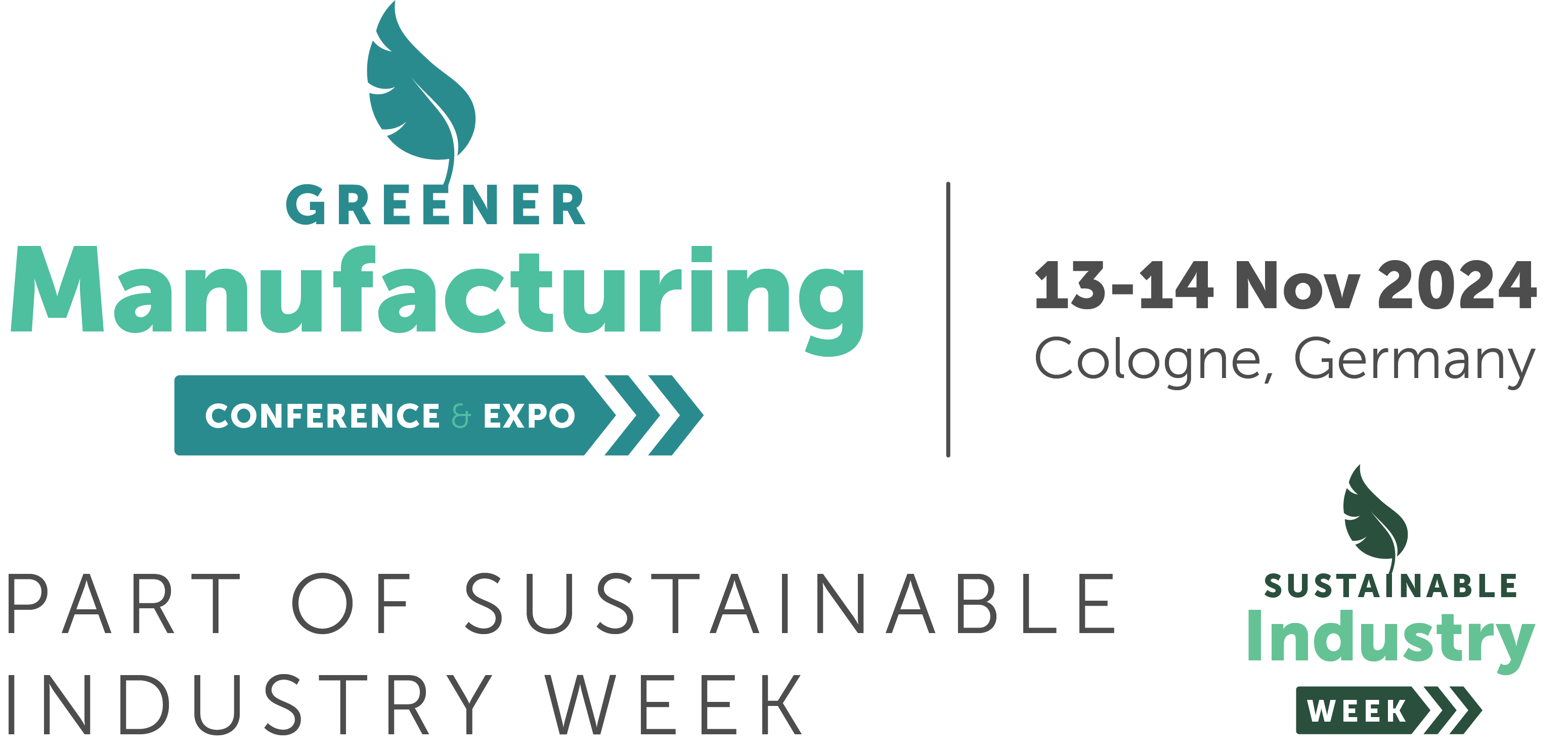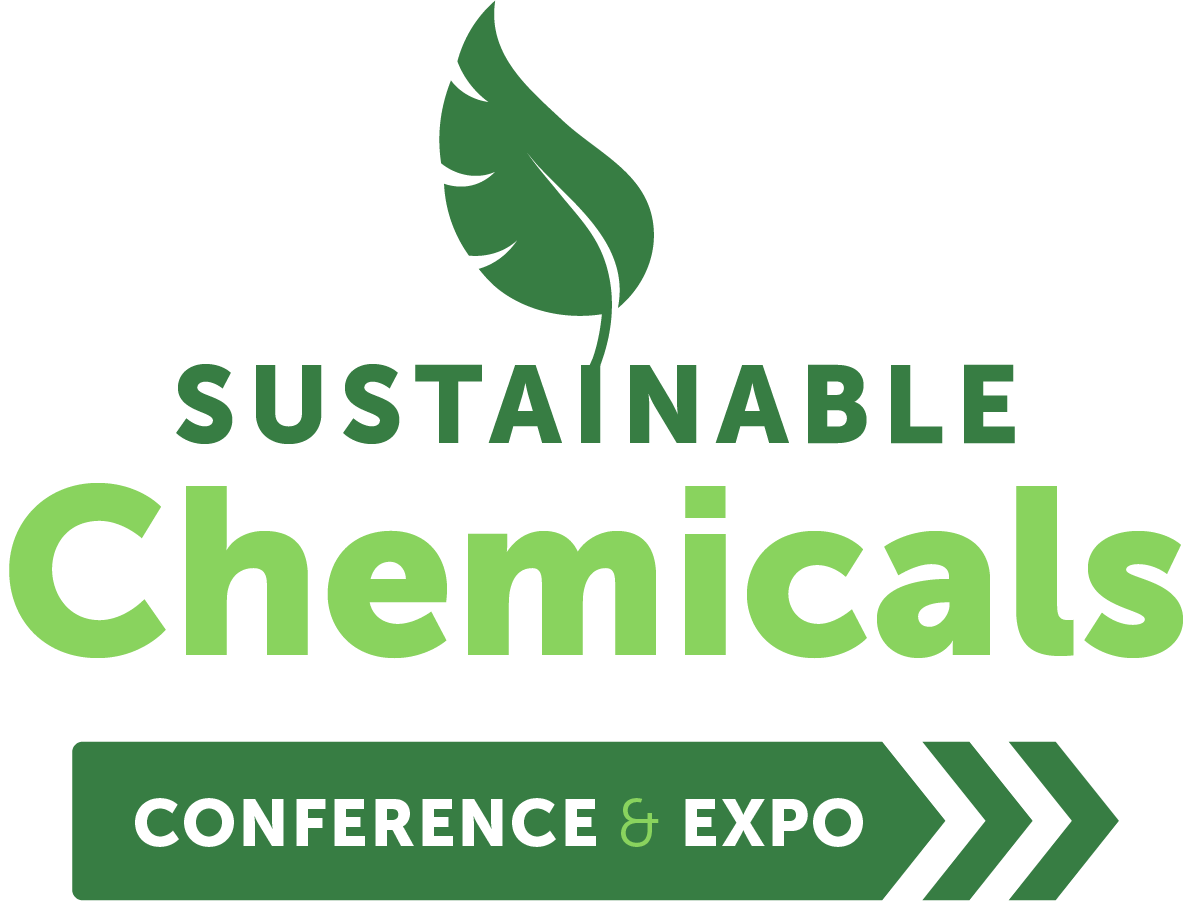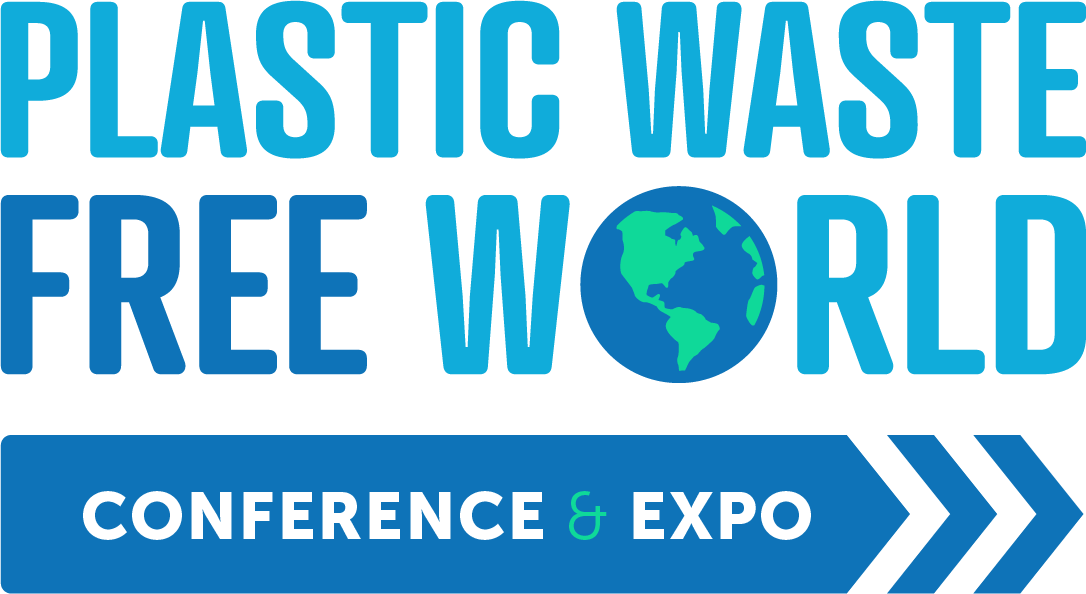BASF redirects its research’s focus towards sustainable products in R&D
)
BASF, the major German company, has made the decision to change the direction of its research and to focus it on cutting greenhouse gas emissions, lowering resource use and supporting the circular economy.
This decision was made after BASF chose to put sustainability at the front of their values and recently announced their new range of developmental technologies, which the company have stated are sustainable. These technologies include a fermentation process for making the world’s first probiotic containing bacteria found on human skin, self-learning software for precision herbicide spraying, and an isocyanate which enhances the durability of roads and significantly reduces the energy required to make asphalt.
A BASF board member and the firm’s chief technology officer, Melanie Maas-Brunner, said that, ‘Sustainability has become the primary driver behind BASF’s more than $2 billion annual investment in R&D.’ Following this, the company has stated that it’s primary focus is to develop products and processes which ‘promote the efficient use of resources, reduce greenhouse gas emissions, and support the circular economy.’
Maas-Brunner continued saying, ‘BASF spent about $2.5 billion on R&D in 2022 and will spend in excess of $2.2 billion in 2023 and 2024. Access to renewable energy and green hydrogen is key to BASF’s ability to make its processes greener. BASF recently secured $134 million from regional and national governments for a water electrolysis facility in Ludwigshafen, Germany. The facility is scheduled to produce up to 8,000 metric tons (t) per year of green hydrogen starting in 2025. This project notwithstanding, government policies in Europe are generally restrictive, whereas countries such as China and the US emphasize incentives.’
Maas-Brunner continued, ‘BASF’s goal is to reduce its greenhouse gas emissions to zero by 2050.’
In order to make the developments they have achieved today possible, throughout the past year BASF has been gathering a portfolio of around 400 established research agreements with academic partners. These partnerships are important as they allow necessary developments to take place, such as a previous collaboration with RWTH Aachen University in Germany. This partnerships saw the development of B2Last, which is an additive that effectively reduces the amount of energy which is required to manufacture asphalt. At the same time as reducing the required energy, the additive also enhances the durability of the paving material.
The additive is made out of an isocyanate which reacts with asphalt to form a crosslinker that improves asphalt’s elastic properties. BASF has run tests on the technology on a variety of roads, including some within its Ludwigshafen complex. Head of global product innovation for monomers at BASF, Dag Wiebelhaus, commented, “So far it works really well.”
BASF’s other recent technological breakthrough is Probiolift, which the company calls the first cosmetic active ingredient containing living bacteria found on human skin. Senior business development manager for BASF’s cosmetic active ingredients unit, Torsten Clarius, said, ‘BASF manufactures the bacteria, Lactobacillus crispatus, using a fermentation process which requires a minimalist amount of energy. In a 56-day test, a formula containing 0.5% Probiolift enhanced the production of collagen in human skin enough to markedly reduce the presence of wrinkles. The residue left over after fermentation can be used in other cosmetics, making the process highly efficient.’





